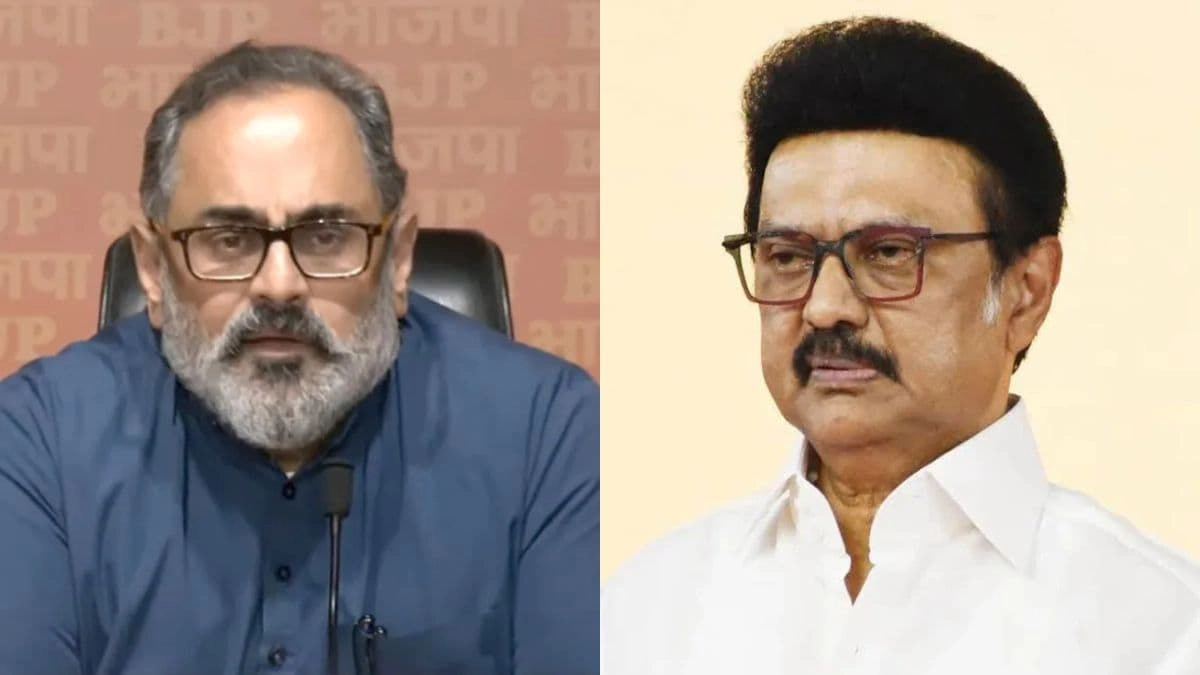In a significant escalation of tensions between India and Pakistan, Indian security forces successfully thwarted a planned attack by Pakistani militants targeting military bases near the border. This incident highlights the ongoing volatility in the region, where skirmishes and confrontations have become increasingly common. The attempted assault underscores the persistent threat posed by militant groups operating from Pakistani territory, which India has long accused of sponsoring terrorism against its forces and civilians. The thwarting of this attack not only reflects the preparedness and vigilance of the Indian military but also raises questions about the broader implications for regional security.
In the aftermath of the thwarted attack, there were reports of widespread blackouts in border areas, likely a precautionary measure taken by Indian authorities to secure military installations and limit enemy reconnaissance. Such measures are indicative of the heightened state of alert along the Line of Control (LoC), where both nations maintain a substantial military presence. This blackout not only aims to protect sensitive military assets but also serves to prevent any potential infiltration by militants during the night. The strategic blackout reflects a deeper understanding of the tactics used by adversaries and the need for India to adapt its defense mechanisms accordingly.
Moreover, this incident has broader implications for India-Pakistan relations, which have been marred by decades of conflict and mistrust. The ongoing confrontations along the border have led to a cycle of retaliatory attacks, further complicating efforts towards diplomacy and peaceful resolution. As both nations continue to bolster their military capabilities, the risk of miscalculation or unintended escalation remains high. The international community watches closely, as any significant conflict between these nuclear-armed neighbors could have catastrophic consequences not only for the region but for global stability as well.
In light of these developments, it is crucial for both countries to engage in constructive dialogue aimed at de-escalation. The international community, including key players like the United States and China, can play a vital role in facilitating this dialogue by encouraging confidence-building measures and offering mediation where necessary. Diplomacy remains the most viable path to lasting peace, and both India and Pakistan must prioritize communication over confrontation to break the cycle of violence that has plagued their relationship for decades.




